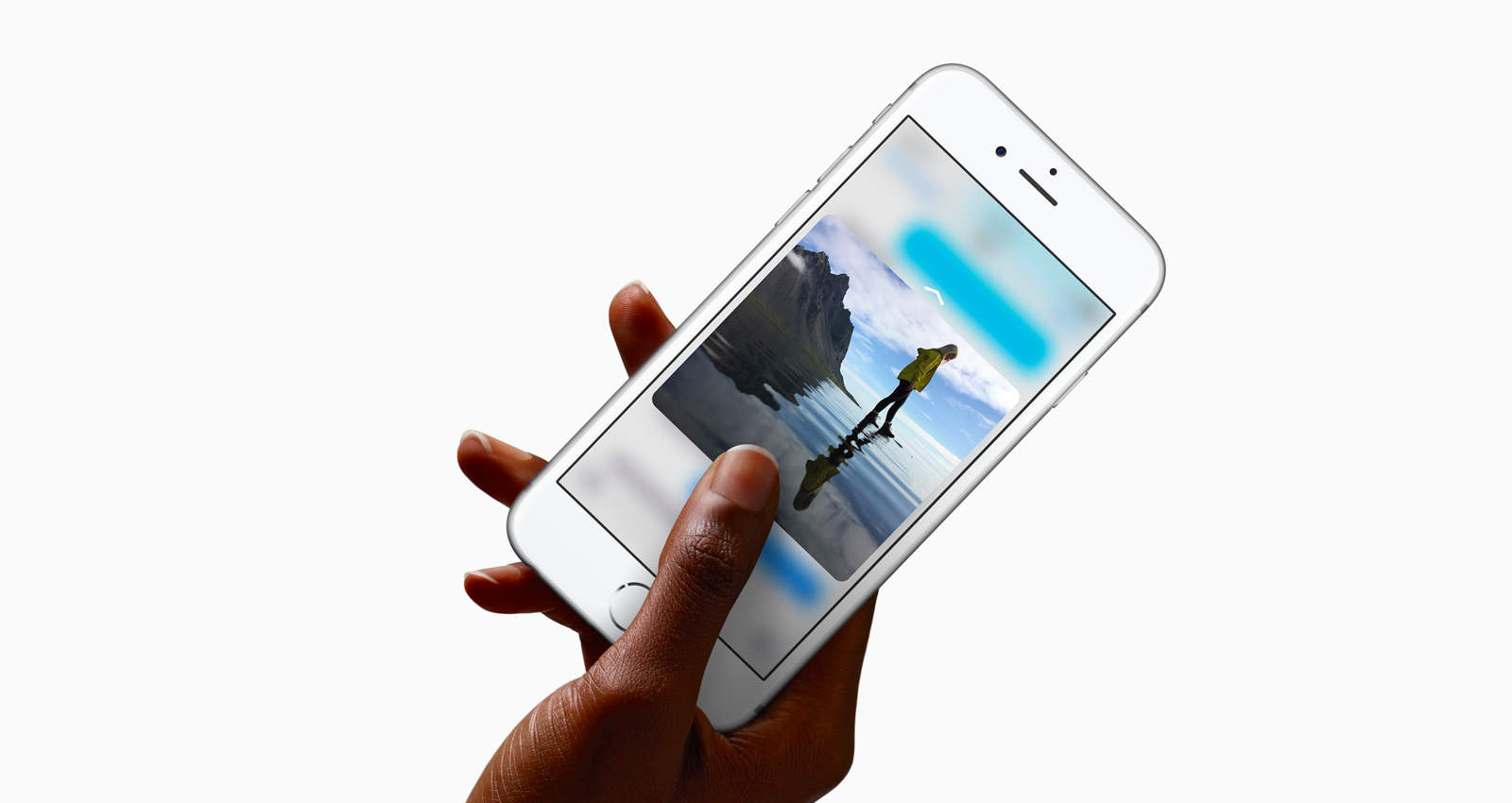The Chipgate controversy upsetting iPhone 6s owners over the past 48 hours is completely overblown, Apple said this afternoon, claiming battery life on iPhone 6s units varies only slightly.
iPhone 6s and iPhone 6s Plus owners have discovered that devices with a TSMC A9 chip get considerably better battery performance than ones sporting an A9 made by Samsung, based on GeekBench 3 scores and some real-world testing. However, Apple says that “manufactured lab tests” that continuously run a heavy workload don’t represent the iPhone 6s’ true capabilities.
Here’s Apple’s full statement on Chipgate:
“With the Apple-designed A9 chip in your iPhone 6s or iPhone 6s Plus, you are getting the most advanced smartphone chip in the world. Every chip we ship meets Apple’s highest standards for providing incredible performance and deliver great battery life, regardless of iPhone 6s capacity, color, or model.
Certain manufactured lab tests which run the processors with a continuous heavy workload until the battery depletes are not representative of real-world usage, since they spend an unrealistic amount of time at the highest CPU performance state. It’s a misleading way to measure real-world battery life. Our testing and customer data show the actual battery life of the iPhone 6s and iPhone 6s Plus, even taking into account variable component differences, vary within just 2-3% of each other.”
Real-world testing on the Samsung A9 and TSMC A9 chips revealed that while the differences in battery performances wasn’t as dramatic as perceived by GeekBench scores, the TSMC chips do get 5 percent to 12 percent more battery life during heavy everyday usage. However, if you’re using your iPhone 6s less frequently, you’re unlikely to notice much difference.
The TSMC A9 chip isn’t the only variable in these tests, though, so it’s very likely that something else could be to blame for the slight difference in battery life. Cult of Mac spoke with Joshua Ho at AnandTech, who told us there are many other possible causes.
“It’s just as possible that Samsung A9 is worse at dealing with heat than the TSMC version even if both start at the same power level because Samsung has smaller die size, therefore more power is concentrated in a smaller die area, thus increasing temperatures,” Ho said. “Higher average temperatures can easily lead to worse performance as the nature of semiconductor physics is such that power draw increases with temperature on any chip.”
There are tons of other examples that could be pointed to, but for now, most users can rest assured that they’re getting the best iPhone ever made, no matter which company made the processor inside.


